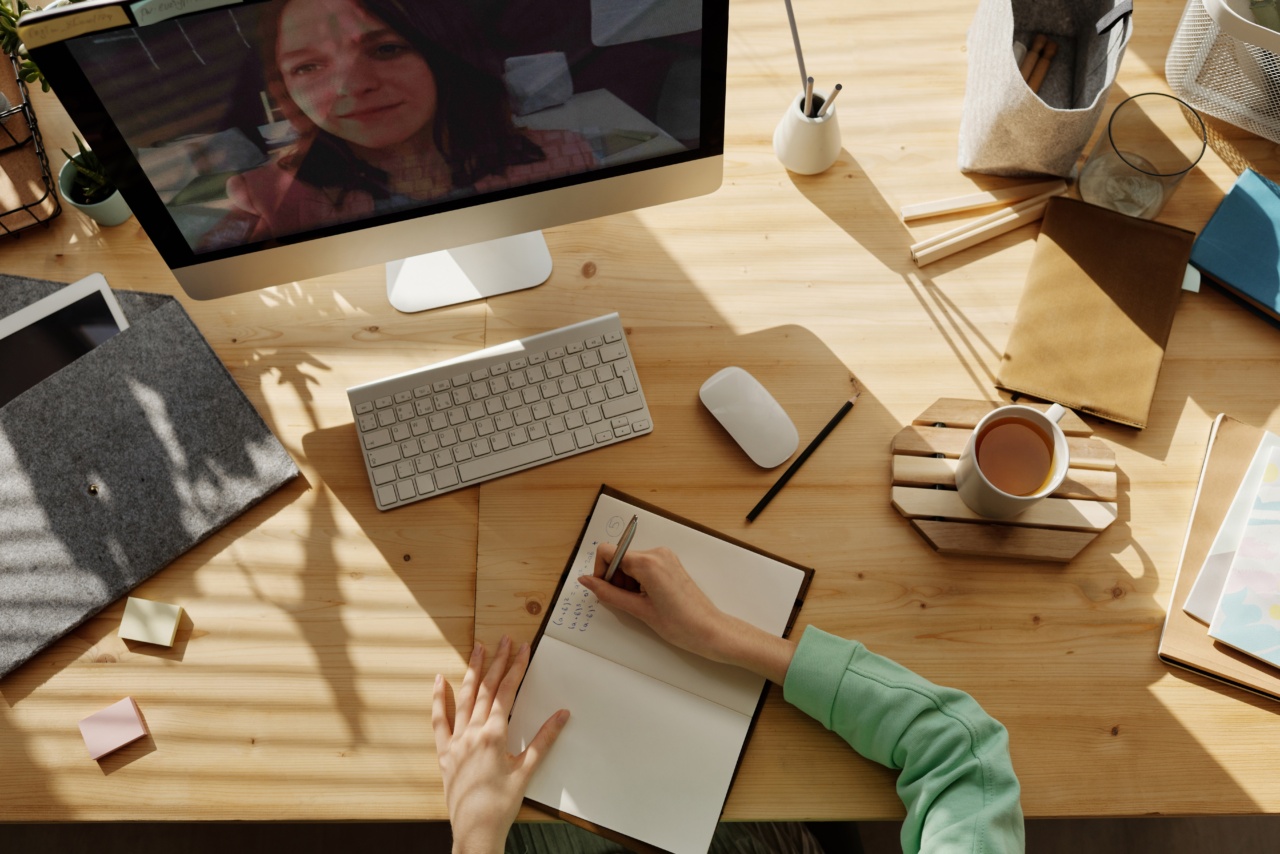It’s no secret that teenagers need plenty of sleep, but actually getting quality rest can be a real challenge.
A new study has identified a surprising factor that may be having a negative impact on the sleep quality of teenagers, along with some effective solutions that parents and teens can implement.
The Study
The study in question was conducted by researchers from the University of Eastern Finland, and followed a group of 5,819 teenagers aged between 16 and 19 over the course of several years.
The participants were asked to answer questions about their sleep habits, as well as a range of other factors that could affect their sleep quality.
After analyzing the data, the researchers uncovered a surprising correlation between poor sleep and social media use.
Teens who spent more time on social media reported poorer sleep quality, along with a range of other negative effects such as increased anxiety and depression.
The Problem with Social Media
So why does social media use seem to be linked to poor sleep quality in teenagers? According to the researchers, there are several possible factors at play.
For one thing, spending time on social media can lead to increased exposure to blue light, which can disrupt the body’s natural sleep/wake cycle. In addition, checking social media right before bed can lead to increased mental arousal and difficulty falling asleep.
However, the researchers also noted that the link between social media use and poor sleep quality could be at least partly explained by other factors.
For example, teenagers who spend more time on social media may be more likely to suffer from stress, which can in turn interfere with sleep.
The Solutions
So what can teens and their parents do to ensure better sleep quality? Here are some tips, based on the findings of the study:.
Limit Social Media Use Before Bed
Perhaps the most important step that teens and their parents can take is to limit social media use before bed. Ideally, teenagers should avoid checking their phones or using social media for at least an hour before they sleep.
This will help to reduce mental stimulation and allow them to wind down more effectively.
Create a Soothing Bedtime Routine
Another option is to create a soothing bedtime routine that can help to promote relaxation and prepare the body for sleep. This could involve activities such as reading, listening to soothing music, or taking a warm bath.
By making these activities part of a consistent routine, the body will learn to associate them with sleep and begin to wind down automatically.
Avoid Blue Light Exposure
To minimize the impact of blue light on the body, teenagers should be encouraged to limit their exposure to screens – including smartphones, tablets, and computers – in the hours leading up to bedtime.
In addition, they may consider using blue-light blocking glasses or a screen filter to reduce exposure to blue light during the day.
Address Underlying Anxiety or Stress
If social media use is causing anxiety or stress, it’s important to address these underlying factors. Parents and teens may consider consulting a therapist or counselor to help with this.
In addition, techniques such as mindfulness, deep breathing, or journaling can be helpful in managing stress and anxiety.
The Bottom Line
Getting enough quality sleep is crucial for teenagers’ physical and mental health, but actually achieving this can be a real challenge.
By following the tips outlined above, teens and their parents can help to minimize the impact of social media use on their sleep quality and establish healthy habits that will boost their overall well-being.




























